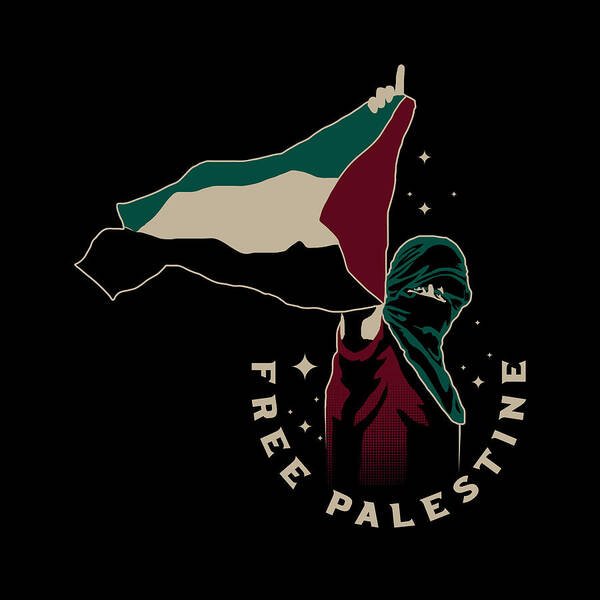
Exploring the Struggle for Palestinian Rights and Self-Determination
In the heart of the Middle East lies a complex and tumultuous tale of struggle, resistance, and resilience that embodies the fight for Palestinian rights and self-determination. For decades, the Palestinian people have faced immense challenges, including displacement and ongoing occupation. As the conversation around these issues grows, there is an increasing call for solidarity with the Palestinian cause, highlighted by initiatives like the "Free Palestine Store," which seeks to raise awareness and support for Palestine.
The Historical Context of the Palestinian Struggle
The Palestinian struggle is steeped in history, tracing back to the late 19th and early 20th centuries with the establishment of modern Zionism and the subsequent displacement of Palestinian communities. The consequences of these events have echoed through the generations, leading to conflicts, wars, and uprisings that have profoundly shaped the identities and lives of Palestinians. The establishment of the State of Israel in 1948 is often referred to as the Nakba, or catastrophe, for the Palestinian people, marking the beginning of a struggle that continues to this day. Understanding this historical backdrop is essential for grasping the current plight of Palestinians and their quest for freedom.
The Importance of International Solidarity
International solidarity plays a vital role in the Palestinian struggle. Activists, scholars, and everyday individuals across the globe have increasingly rallied behind the call for Palestinian rights, emphasizing the need for justice and self-determination. Movements to support Palestine have emerged in various forms, from organized protests to social media campaigns aimed at educating others. Initiatives like the "Free Palestine Store" have become instrumental in this movement, providing a platform for people to express their support while also contributing to Palestinian communities. By offering products that carry messages of solidarity, the store not only funds initiatives on the ground but also spreads awareness about the ongoing struggles faced by Palestinians.
The Role of Culture in the Resistance Movement
Culture has always been a powerful tool for resistance and identity among the Palestinian people. Artistic expression—be it through music, literature, or visual arts—has served as a means for Palestinians to assert their identity and share their narrative with the world. This cultural output is not mere art but a form of defiance against oppression. Highlighting Palestinian culture and art is essential in countering narratives that seek to erase their existence. The "Free Palestine Store" plays a significant role by offering cultural items that celebrate Palestinian heritage while also supporting local artists and craftsmen. Each item sold is a testament to the rich history and culture of Palestine that continues to thrive despite ongoing hardships.
Moving Forward: The Future of Palestinian Rights
The path toward Palestinian rights and self-determination remains fraught with challenges. However, with the increasing awareness and activism seen around the globe, there is hope for meaningful change. Supporting initiatives like the "Free Palestine Store" is one way individuals can contribute to the broader movement. Through education, cultural exchange, and financial support, the global community can stand in solidarity with Palestinians and help amplify their voices. Ultimately, the struggle for Palestinian rights is not just a regional issue but a global one, calling for justice and accountability from all corners of the world.
In conclusion, exploring the struggle for Palestinian rights and self-determination reveals a multifaceted and deeply human story. It's a narrative filled with heartbreak as well as resilience, strongly advocating for justice and freedom. The ongoing efforts in solidarity, from cultural initiatives to grassroots movements, offer a glimmer of hope that change is possible. As we continue to engage with this issue, let us remember that our support can pave the way for a more just and equitable world for all.
.png)








